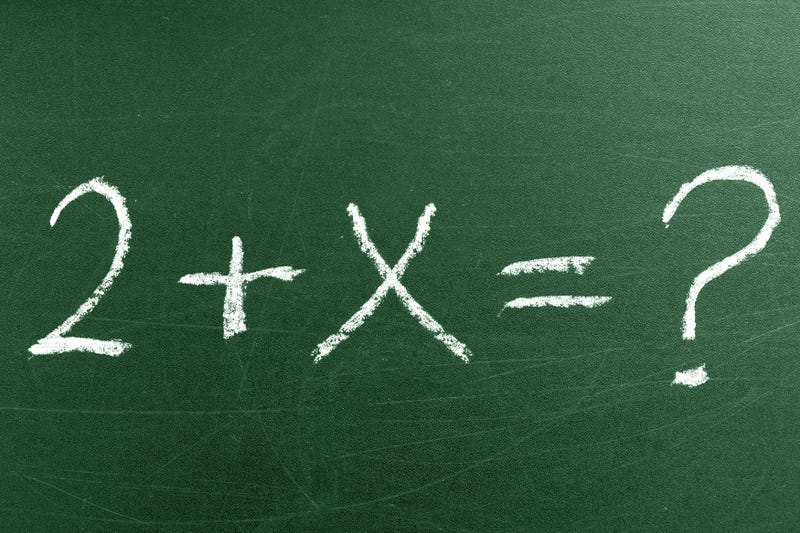
Results of an international study show that U.S. test scores have hit a low point in the wake of the COVID-19 pandemic.
The Program for International Student Assessment (PISA) international comparative study has been conducted every three years since 2000. It covers 15-year-old students’ performance in reading, mathematics, and science literacy.
According to the most recent study results (for the 2022 school year), “the average mathematics literacy score of U.S. 15-year-olds (465) was lower than the average score in 2003 (483).”
During the COVID-19 pandemic, lockdown orders put in place to stop the spread of the virus, time off for illness and other factors resulted in education disruption in the U.S. This Tuesday, the U.S. Department of Education announced $227 million in new grant funds to help address post-pandemic academic recovery through Education Innovation and Research (EIR) grant program.
“We have a long way to go, especially for communities and students who have been exposed to longstanding inequality,” said a press release. “These new grant awards can help us get there with $90.3 million for STEM, $87.2 million for social emotional well-being, including student engagement, and $76.5 million for projects in rural areas.”
Per the department, state-administered test scores from the 2021-2022 and 2022-2023 school years show some early signs of rebounding from the pandemic disruptions. However, they do not show that scores are returning to pre-pandemic levels.
In addition to the U.S., 37-member countries of the Organization for Economic Cooperation and Development (OECD) and 44 other countries and subnational education systems were included in the PISA survey. Along with the U.S, mathematics scores for 21 education systems were lower in 2022 compared to 2003.
“In these education systems, score decreases from 2003 to 2022 ranged from 13 points in Uruguay to 60 points in Finland,” said the National Center for Education Statistics.
Students’ capacity to formulate, use and interpret mathematics in various contexts was assessed through PISA.
“Proficiency in mathematics is more than the ability to reproduce the knowledge of mathematical concepts and procedures; it is conceptualized as students’ ability to extrapolate from what they know and apply their knowledge in both familiar and unfamiliar situations,” the National Center for Education Statistics explained.
Mathematics literacy scores were higher in just three of the 34 education systems that were included in the 2003 and 2022 reports. These were Brazil, which increased by 23 points, Macau (China) with a 25-point increase and in Turkey with an increase of 30 points.
